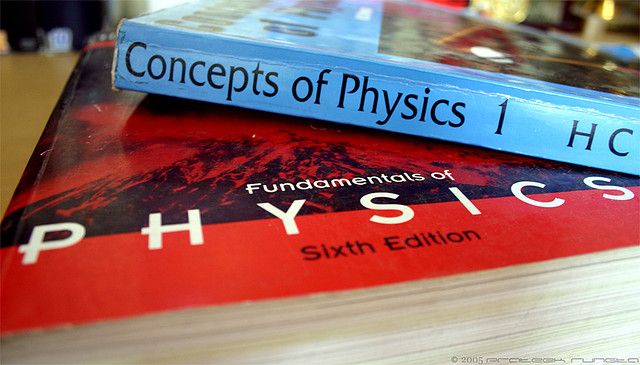ASPI suggests
To help you delve deeper into the world of strategy and international security, here are this week’s reading picks and podcasts.
Kicking off with Australia, channel your inner defence nerd with all Canberra papers published by ANU’s Strategic and Defence Studies Centre (1968–2010) now available online. Early papers include T.B. Millar on Soviet policies in the Indian Ocean (1970) while later ones include ASPI’s David Connery on Australian crisis policymaking and East Timor (2010).
With Britain’s general election held yesterday, it’s timely to ask, where is the country’s foreign policy headed? Some accuse the UK of retreating from international affairs; others are concerned about its relationship with the EU. For finer analysis, read Chatham House director Robin Niblett on why, despite cuts to defence spending, UK foreign policy isn’t going AWOL and Chatham House associate fellow Richard Whitman on why this election will determine the UK’s place in the world.
Last weekend, the Guardian reported that serious spinal injury from a US air strike in March has led ISIS leader Abu Bakr al-Baghdadi to step down as the organisation’s leader. It’s unconfirmed whether Abu Alaa al-Afri, a senior ISIS official and professor of physics, is now in charge. ABC Radio National spoke to Martin Chulov, the Guardian reporter who broke the story, about the potential leadership change and its implications.
But, bro do you even govern? Physics scholars like ASPI’s Andrew Davies and Mark Thomson might be highly capable at some things, but Daveed Gartenstein-Ross discusses how well jihadi groups govern the territory they control (45mins).
Back in the Asia Pacific, Myanmar is also up for an election this year, and Carnegie Endowment has created a handy fact sheet and timeline of developments. For those curious about reform progress or military politics, Nicholas Farrelly offers an upbeat yet clear-eyed assessment on New Mandala, highlighting some ‘genuinely useful and constructive changes’, particularly in Myanmar’s major government institutions.
Speaking of Southeast Asia, the US State Department just approved the potential sale of missiles to both Indonesia and Malaysia. And, senior navy leaders from the US Seventh Fleet, Singaporean Navy, Royal Malaysian Navy and Indonesian Navy met on board the USS Blue Ridge this week for a two-day exchange of ideas and methodologies for joint responses in the Indo-Pacific.
If you haven’t heard of the Military Writers Guild, start reading this interview with founder US Army Major Nate Finney who shares his thoughts on military writing, work–life–write balance and developing strategic thinking. Meanwhile, Australian Army information operations specialist Jason Logue has a new piece over on Nate’s other blog, The Bridge, on the meaning of ‘narrative’ and Islamic State.
Lastly, in case you were wondering what Andrew Davies can do, spruiking The Strategist is one of his mad skills. #thinktankthuglife
Podcasts
What is jihadi culture? In a new Middle East Week Podcast, terrorism expert Thomas Hegghammer delves into the socio-cultural practices of jihadi militants. Building on his recent talk ‘Why terrorists weep’ (full text here), Hegghammer explains how understanding the so-called ‘soft matter’ of jihadism is relevant to improving CVE programs (41mins).
With the recent anniversary of the fall of Saigon, CIMSEC’s Matthew Hipple interviews US Navy Captain Peter Swartz (ret), currently principal research scientist at CNA Corporation, on his memories of the Vietnam War, meeting his wife in-country, working for Admiral Elmo Zumwalt Jr and the eventual evacuation of his family in 1975.
